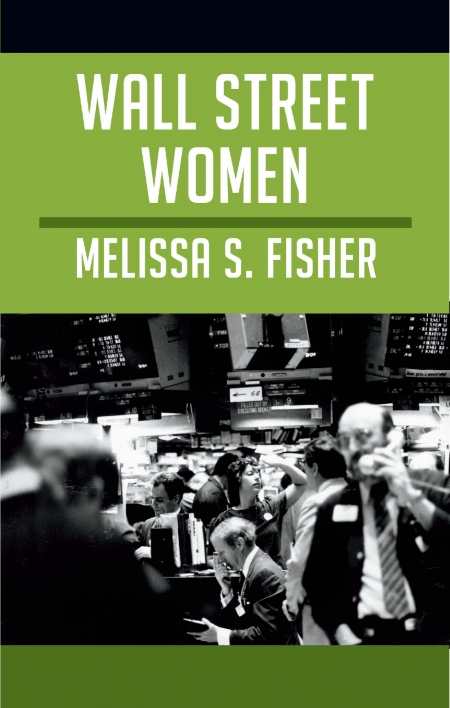Wall Street Women
In a well-researched and enlightening account, Fisher traces the rise of the first generation of women on Wall Street to reach senior level positions previously held solely by men.
A small group of women interviewed reflect on their own individual experiences. Citing a lack of attention to this group by researchers, Fisher, a visiting scholar at New York University’s Department of Social and Cultural Analysis, first interviewed the women for her dissertation research in the mid-1990s and followed up with them as recently as November of 2010.
The book will be of interest to researchers working on issues related to feminism and women’s studies, as well as to Wall Street historians. Ethnographers in all fields can also benefit from Fisher’s approach, which consists of a combination of individual interviews, observation of and participation in association meetings where the women networked, and a final group discussion.
Using newspaper articles and op-ed pieces, Fisher also relates the women’s individual experiences to broader historical and cultural events. While the women (identified only through pseudonyms) entered the financial industry in the 1960s and 1970s—a time when lawsuits brought by the Equal Employment Opportunity Commissions addressed sexual discrimination of women in the workplace—Fisher emphasizes how they viewed Wall Street as a meritocracy, and even when faced with discrimination, they believed their hard work would be rewarded. As a result, they focused on developing their skills by learning on the job, and, for some, attending business school at night while continuing to work in financial firms during the day.
Even though the women perceived their path to success as depending on individual ability and responsibility, a major theme throughout the book is the important role networking also played in the women’s careers. Fisher specifically seeks to dispel the myth of “the lone female pioneer.” At meetings of the Financial Women’s Association of New York and the Women’s Campaign Fund, the women often found the mentors who didn’t exist in their workplaces.
Although the first generation of women to work on Wall Street found friendship and support among their female peers, they discuss how they were dismayed to see the next generation of Wall Street women demonstrate a strong sense of entitlement and lack of dedication to the firms they worked for and their clients. Fisher explores how it sometimes created tension between the groups, rather than solidarity.
In this compelling, detailed account, Fisher identifies the challenges the women faced as they strived to succeed in a male-dominated industry. She also presents their hopes for their own futures, as well as for future generations of Wall Street women.
Reviewed by
Maria Siano
Disclosure: This article is not an endorsement, but a review. The publisher of this book provided free copies of the book to have their book reviewed by a professional reviewer. No fee was paid by the publisher for this review. Foreword Reviews only recommends books that we love. Foreword Magazine, Inc. is disclosing this in accordance with the Federal Trade Commission’s 16 CFR, Part 255.

